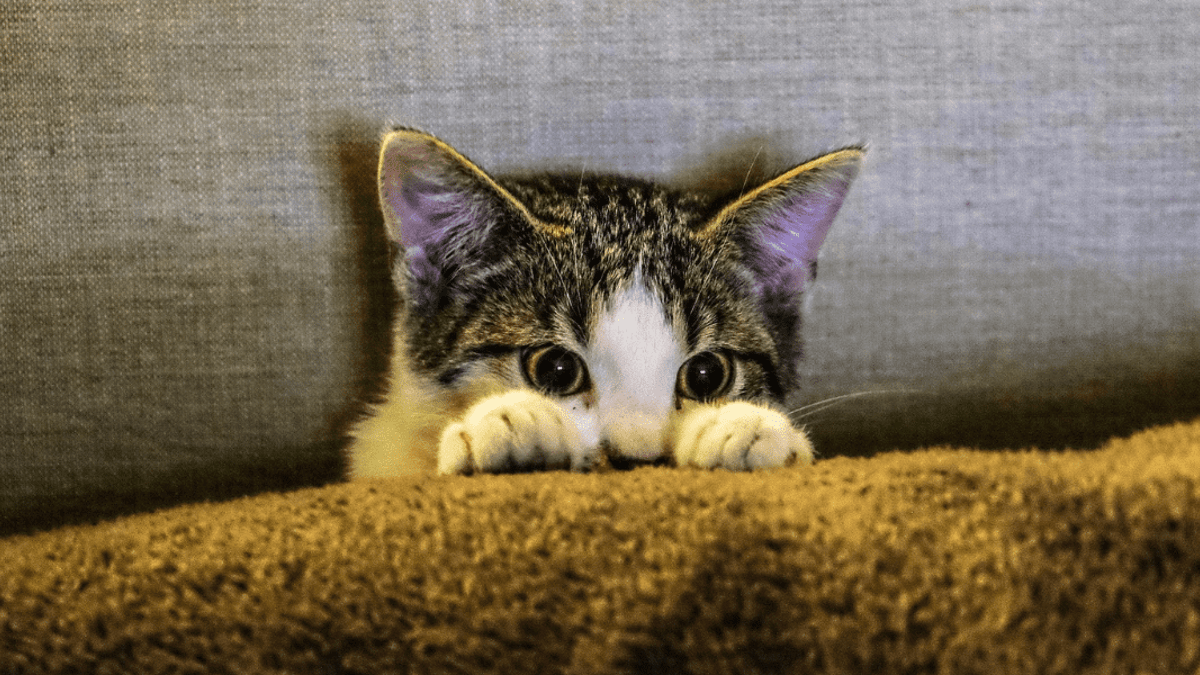“To annoy is beautiful” could be the motto of many of our crazy and lovable felines. Raise your hand who has never felt the object of a diabolical plan meticulously prepared by Micio to attack with the right amount of nails and sweetness the beloved -but still inferior- human. And so our domestic felines have become for obvious reasons the undisputed protagonists of web videos when it comes to making trouble and playing tricks.
But have you ever wondered because cats are mischievous? Very often we tend to superimpose the behaviors of our pets on our own. Isn’t that a bit reductive? In this case maybe yes: let’s find out the reasons why cats can sometimes be really mischievous.
Why do cats get mischievous?
There are several reasons that can lead a cat to be mischievous at home and at its owner. There is also to consider that each person can interpret a particular behavior of the cat as a spite, when in reality there is much more behind it.
Even if sometimes they make us smile and sometimes jump with fear, it is important to understand the reasons for their behavior also and above all to be able to know if something is wrong and if the cat could be stressed.
Ecco 4 reasons why cats get mischievous.
1. To play and explore the world
Young cats, typically up to 2 years of age, they need to explore, discover, test the world, just like children and puppies. They also have great energy, little common sense (if one may say so) given by their young age and education that they have not yet assimilated. It is very important at this stage to adequately stimulate the cat so that it can channel its energies towards constructive and non-destructive games!
2. To get attention
Did the cup suddenly spill off the table? Is Kitty lurking in plain sight in a forbidden place and staring at you? Did the curtains just get a feline makeover? Then maybe it’s time to look at the clock and check that it’s not really time for our cat’s usual meal. Even the most “wild” cats living at home become habits and when they are hungry or expect something from us they will be able to point it out with deeds, or rather with teasing!
3. Because they are bored!
What better incentive than boredom to sow a little panic at home? Although felines love to spend the whole day snoozing, they too need play, mental stimulation and physical exercise. Whenever possible, try to keep your cat busy by varying the activities you offer him.
4. To express discomfort
Another reason why cats are mischievous concerns a wider sphere of behavior, in which what seems to us to be mischievous are actually expressions of something that has disturbed our friend’s equilibrium, creating him discomfort.
For example, the arrival of a new pet could cause it to poop and pee outside the litter box, giving it the reputation of a mischievous cat. In reality it is essential that the approach to a new family member is gradual and as least traumatic as possible.
Cat that teases at night: why does he do it?
When cats are teasing at night this behavior is to be associated with their difference circadian rhythm which sees them at their peak activity at dawn and dusk. The fact that he sleeps for most of the day can sometimes keep him awake at night, and so what for him are simple exercises/games for attacking a prey at night (which is often us or our feet) we call teasing.
But it’s simply his natural behavior that, we admit, may not always be welcome! Now that we’ve seen why cats get mischievous, let’s see what to do to make Puss (a little) less insolent!
Spiteful cat what to do?
Once you have identified the cause of why cats get mischievous, you can implement a series of strategy to positively channel their inexhaustible curiosity and dynamism.
- Create a play routine that helps focus energy at set times of the day
- Vary the games: the laser game, hiding small treats, mental activation games, are all perfect for stimulating Micio at 360°.
- Use positive reinforcement to reward good behavior: it works for cats too!
- Punish the cat if necessary, but in the correct way
- Using pheromones to discourage toileting elsewhere
- Consider consulting an ethologist experienced in feline behavior.
This last piece of advice concerns in particular the case in which the cat is teasing because feel discomfort in his home environment. This may be due to previous traumas or ongoing situations to be investigated, therefore dealing with them in the best possible way will reduce the cat’s stress and ours too.
Some mischief every now and then can only make us smile and marvel at how fascinating these creatures are, and this behavior basically characterizes them: if cats were less spiteful… they would probably be dogs!

